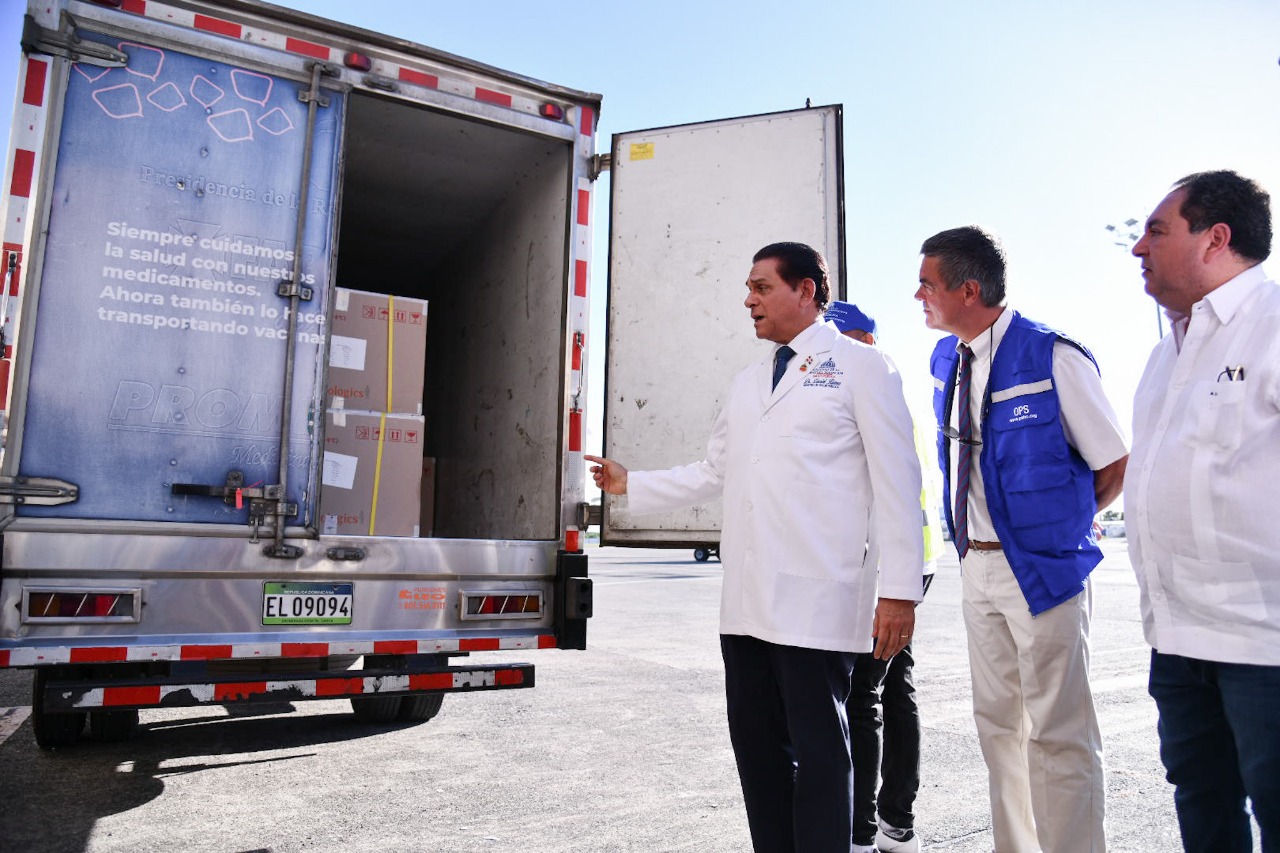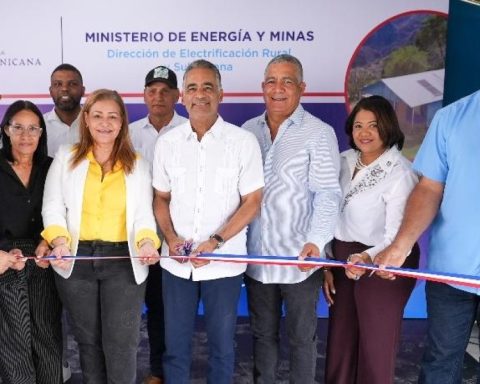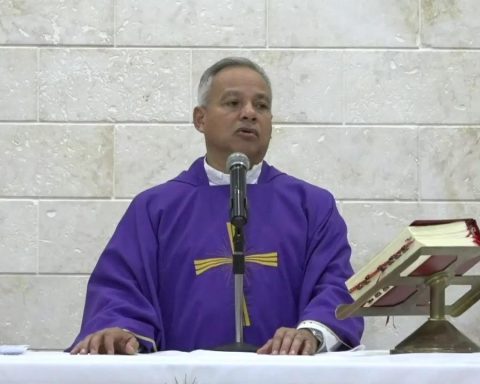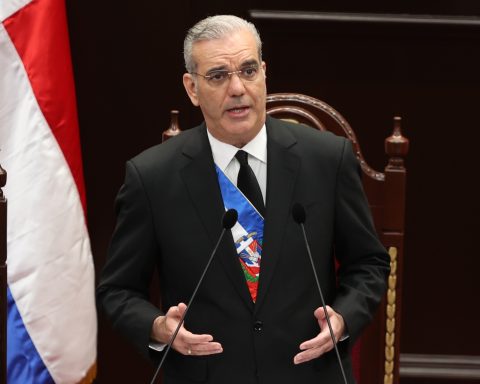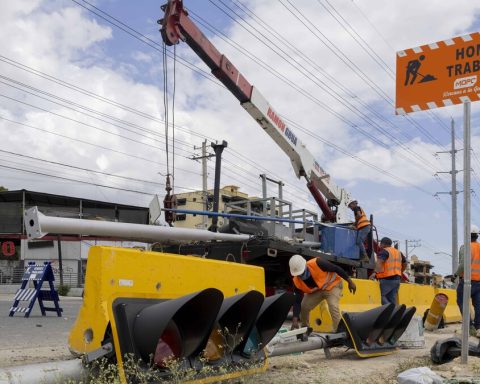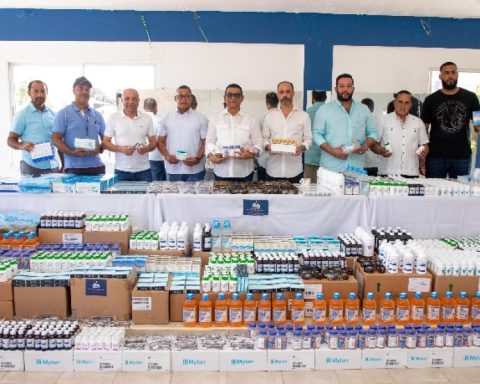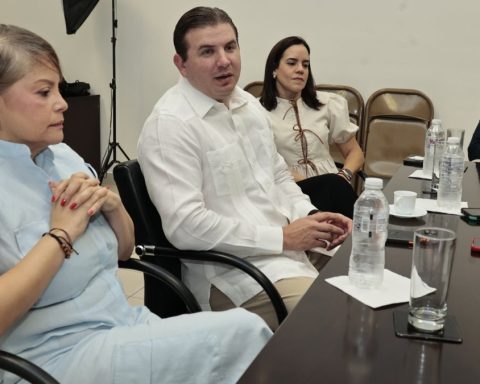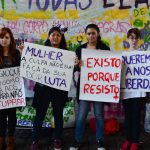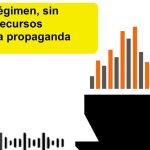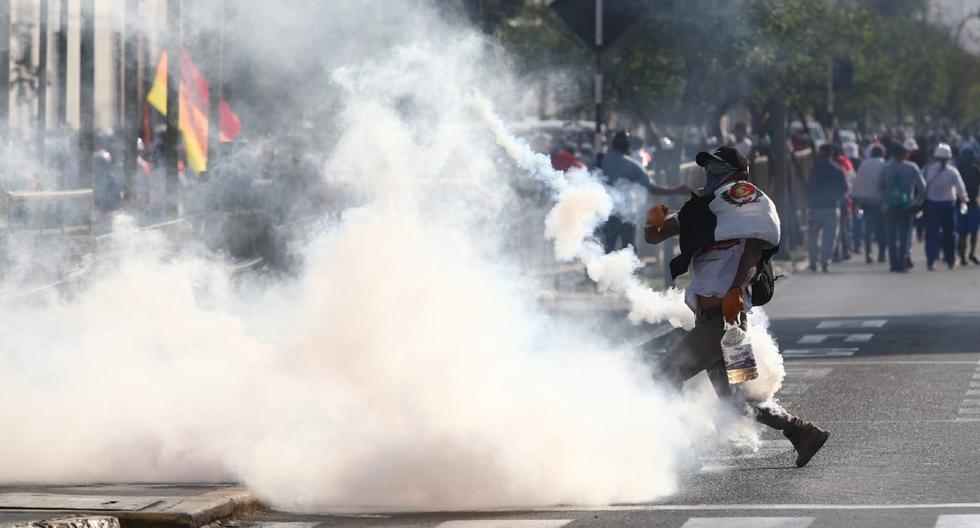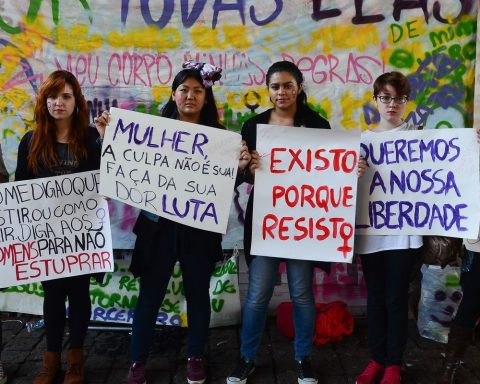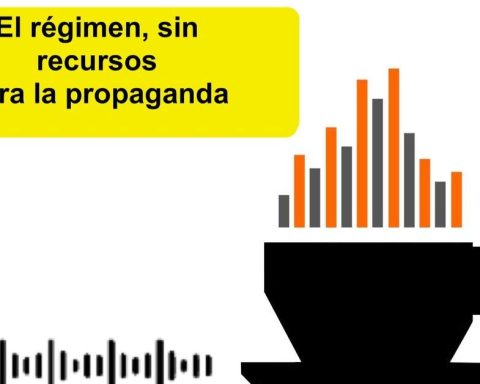Santo Domingo. – This Monday afternoon, some 85,000 doses of oral vaccines against cholera arrived in the Dominican Republic, from Korea, with the support of the Pan American Health Organization (PAHO/WHO).
According to an information note from the Ministry of Public Health and Social Assistance (MISPAS), the drug will impact the most vulnerable populations, such as the communities on the banks of the Isabela River and the country’s border area.
The vaccines were received by the Minister of MISPAS, Dr. Daniel Rivera, when they arrived in Dominican territory through the Las Américas International Airport, Dr. José Francisco Peña Gómez.
“Today we received this first 85,000 doses with an investment of 140,000 dollars, as a donation made by the Pan American Health Organization,” Rivera said, describing the event as historic for the country.
The also president of the Health Cabinet, was accompanied by doctors Mario Lama, director of the National Health Service (SNS), Eladio Pérez, vice minister of Collective Health, Olivier Ronveaux, PAHO/WHO representative in the country, Aida Lucìa Vargas, director of the Vaccine-Preventable Immune Program and engineer Adolfo Pérez, director of Promese/Cal.
“We appreciate the support provided by these international organizations, thanks to the direct management made by the WHO/PAHO representative in the country, who has always been willing to collaborate when the Dominican Republic deserves it in similar events,” he said. Rivera.
The official indicated that the vaccines will impact the most vulnerable areas such as: the sectors of the National District, La Zurza, Capotillo, Simón Bolívar, Villa Agrícola and Villa Liberación in Santo Domingo Este, as well as the border areas, Montecristi, Dajabón, Independencia, Elias Pina and Pedernales.
He indicated that the age group to receive the inoculation is from one to 60 years, in addition to all the personnel who work in risk communities such as those who are in hospitals that have cholera.
He stated that the Ministry of Public Health, through the Vice-Ministry of Collective Health and the Risk and Disaster Care Directorate, continues to provide an effective response to the population in order to guarantee the detection and direct care of this disease, which has increased its response capacity in diagnoses and remains vigilant in the face of the appearance of new cases.
The official explained that thanks to the timely intervention that has been carried out and with the application in the next few days of the vaccines, which has a protection capacity of 85%, “there will be an effective result, however he called the population to continue with hygiene measures such as hand washing, using drinking water and cooking food well, to prevent the spread of the disease.
He highlighted that the Health authorities have managed with transparency in the timely notification of all these events, clearly and truthfully providing information on the cases that are registered in the country. At the same time, he asked the population to go immediately to a health center if they have acute diarrhea, since it can cause death if it is not treated quickly. In addition, severe cases need to be treated with intravenous fluids and antibiotics.
Support for
Likewise, the president of the Health Cabinet thanked all public and non-governmental entities that are implementing their support and collaboration in search of improving the conditions of the sectors affected by the disease.
Among them, he highlighted the Corporation of Aqueduct and Sewerage of Santo Domingo (CAASD), Ministry of Education (MINERD), Environment, Public Works, National Institute of Drinking Water and Sewerage (INAPA), City Hall of the National District, National Health Service (SNS) and the Pan American Health Organization PAHO/WHO.
For his part, Dr. Olivier Ronveaux, PAHO/WHO representative in the country, described the arrival of the vaccines as successful and an achievement, which are supplied by the International Vaccine Supply Coordination Group (GIC), which manages the world reserve of cholera vaccines, in which they offer support to nations that are in emergencies with cholera outbreaks,
He said that currently some 28 nations are going through this situation, with high demand for the drug due to the emergency situation.
The World Health Organization (WHO) recommends the use of the oral vaccine in combination with other measures, particularly interventions related to water, sanitation and hygiene, to prevent the spread of the waterborne disease.
